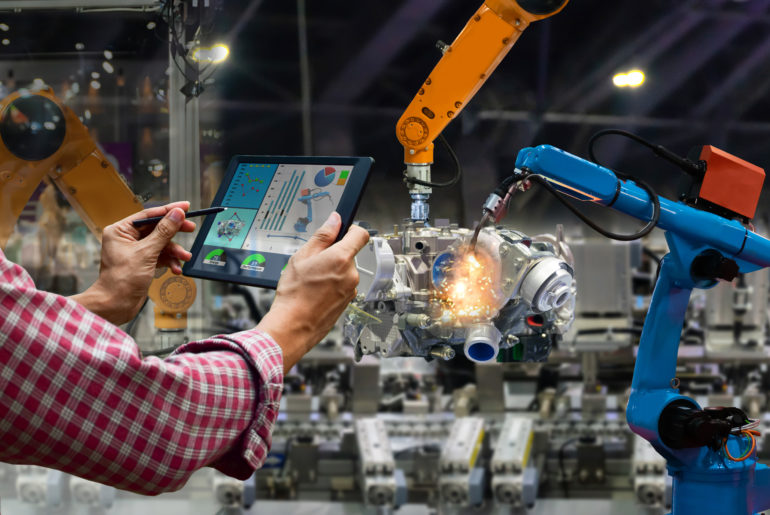We’ve discussed how crowded the overall Internet of Things (IoT) market is, but the ultimate value in IoT lies in IoT applications. However, IoT applications require a strong technology base in order to be successful; hardware, other software platforms and software analytics, and connectivity are all important pieces to the IoT applications puzzle.
Earlier this month, GM announced that it will be adopting Google’s Android Automotive operating system, which included Google’s voice assistance (Google Assistant), embedded navigation (Google Maps), and in-vehicle applications (via the Google Play Store), for all of its vehicle brands beginning in 2021. This landmark deal reinforces the importance of developing and delivering a differentiated in-vehicle experience, as well as demonstrates how large horizontal technology platforms and brands are targeting IoT and key verticals (like automotive) for growth.
We’ve discussed how the term artificial intelligence (AI) covers a wide array of applications; just like many of these functionalities, affective computing is beginning to see some growth in the market. Spanning across computer science, behavioral psychology, and cognitive science, affective computing uses hardware and software to identify human feelings, behaviors, and cognitive states through the detection and analysis of facial, body language, biometric, verbal and/or vocal signals.
Artificial intelligence (AI) adoption is at a tipping point, as more and more organizations develop their AI strategies for implementing the revolutionary technology within their organizations. However, there are still major challenges to AI adoption; in fact, cost of the solution and lack of skilled resources are cited as the top inhibitors of adopting AI.
Data is the fuel for modernizing and transforming business. While there is no shortage of data – IDC expects data to reach 175 Zettabytes by 2025 – insightful, relevant data is in much shorter supply. I experience this daily in the cloud-related inquiries I receive. In addition to generating timely and relevant insights from data, my role is also to make the data actionable for customers. This means providing the data in a more consumable format and context based on a deeper understanding of what the client needs.




